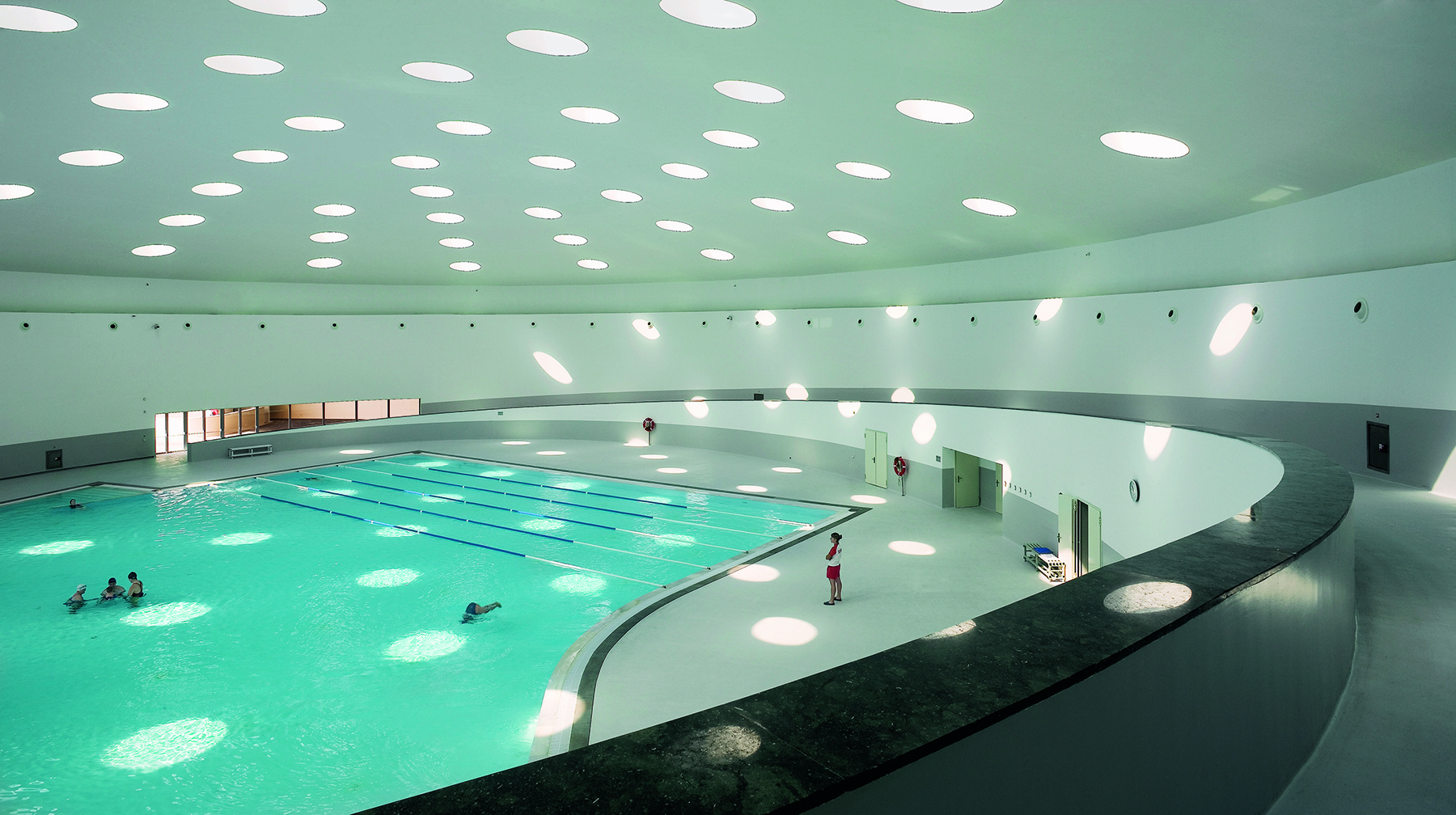
The latest collaboration between Portuguese architect Álvaro Siza and Italian architectural photographer Duccio Malagamba is a hard-to-miss architecture book of pure aesthetic delight. Before / After: Álvaro Siza Duccio Malagamba is half the length of the authoritative Siza monograph Phaidon published in 2000 and limits itself to 20 projects from this architect’s 70 years of practice. However, its impact is much greater, supported by Malagamba’s expert imagery. The photographs are paired with Siza’s expressive concept sketches on every spread, which explains the subtitle of the book (Siza loosely stands for 'before', and Malagamba for 'after').
The production is handsome and of manageable size; the layout is spacious, giving each building room to breathe. It’s hard to convey the sensual experience of architecture in a book, especially when it’s as visually reductivist as Siza’s, but these pictures capture the qualities of light and space, subtleties of form and refinement of detail.
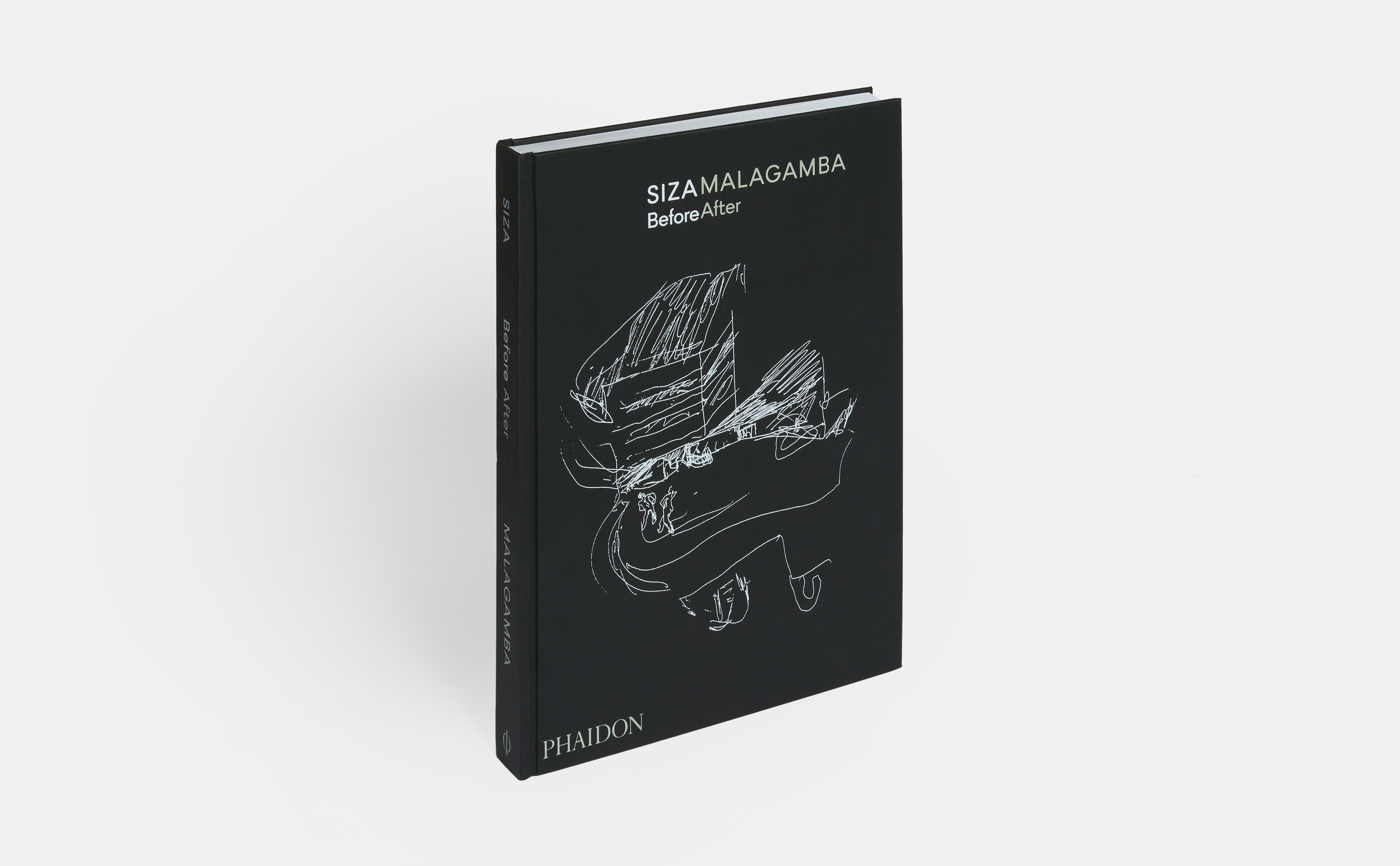
Flick through the Alvaro Siza monograph, created in collaboration with photographer Duccio Malagamba
At age 91, Siza is still pursuing a solitary path. He shuns all excess in favour of refined minimalist architecture. His work is rooted in the land and takes its cues from the rural Portuguese vernacular of frugal whitewashed cubes – comparable to the Mediterranean villages that inspired Le Corbusier in his early years.
But unlike that master modernist, who switched from Purism to Brutalism, and from white stucco to raw concrete, mid-career, Siza has continued to explore the potential of pure white forms throughout his, while employing different materials wherever appropriate.
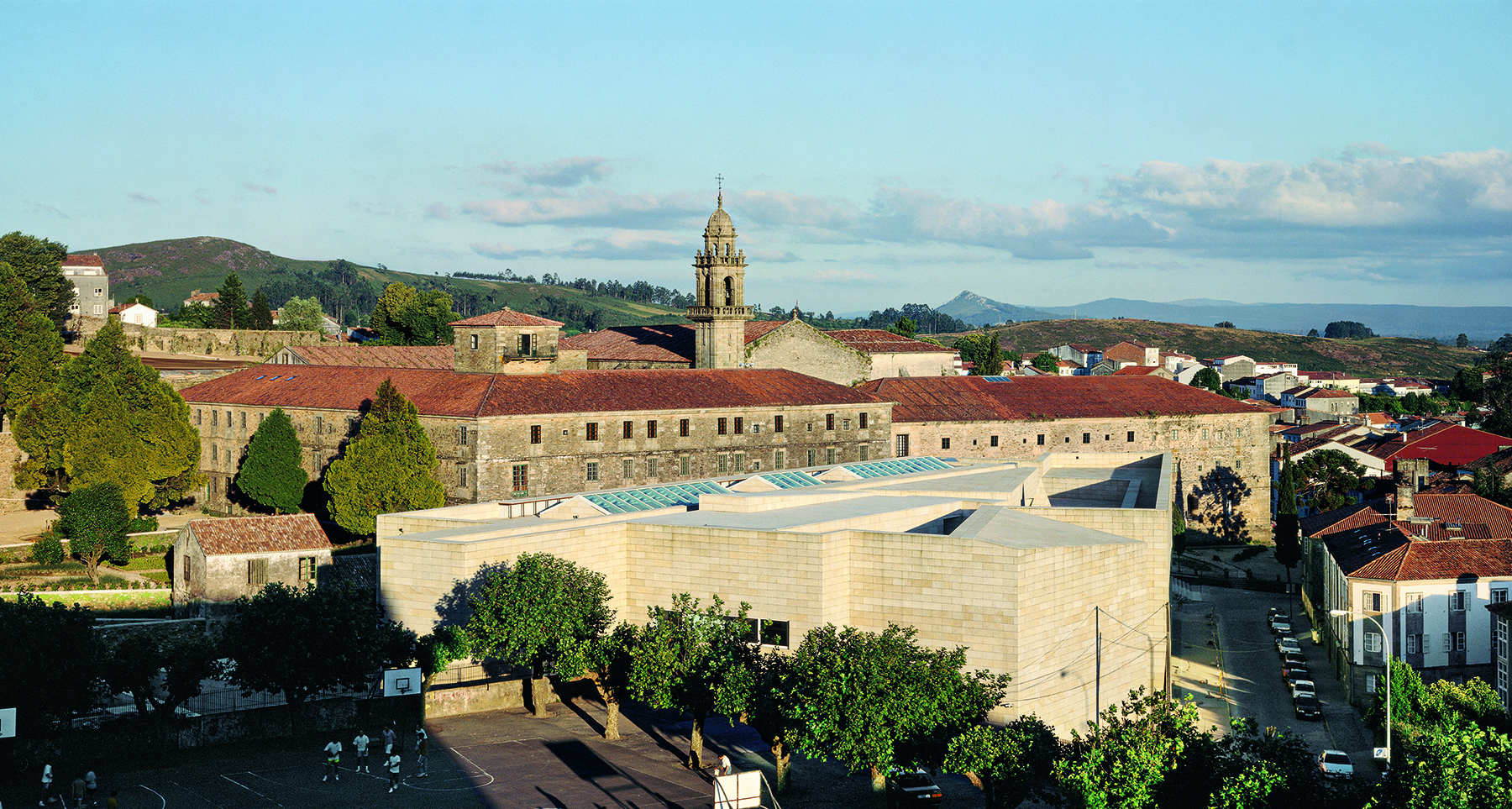
Most of these images were taken right after the buildings were completed and occupied, but before the interiors got cluttered. Malagamba recalls that his 40-year love affair with the architect’s vision began when he and his girlfriend chanced upon the ocean swimming pools of Leca da Palmeira. His images show the buildings when they were, to quote Colette, 'fraiche comme la naissance du monde' (fresh like the birth of the world).
Thus, we are spared the lamentable spectacle of neglected masterpieces, notably the Ibere Camargo Foundation in the Brazilian city of Porto Alegre. Siza deplores the decline of craft in construction and his fondness for white stucco presents a challenge in a damp climate. Much of his work requires constant maintenance, and the meticulous care the architect invested in these projects has to be matched by the owners.
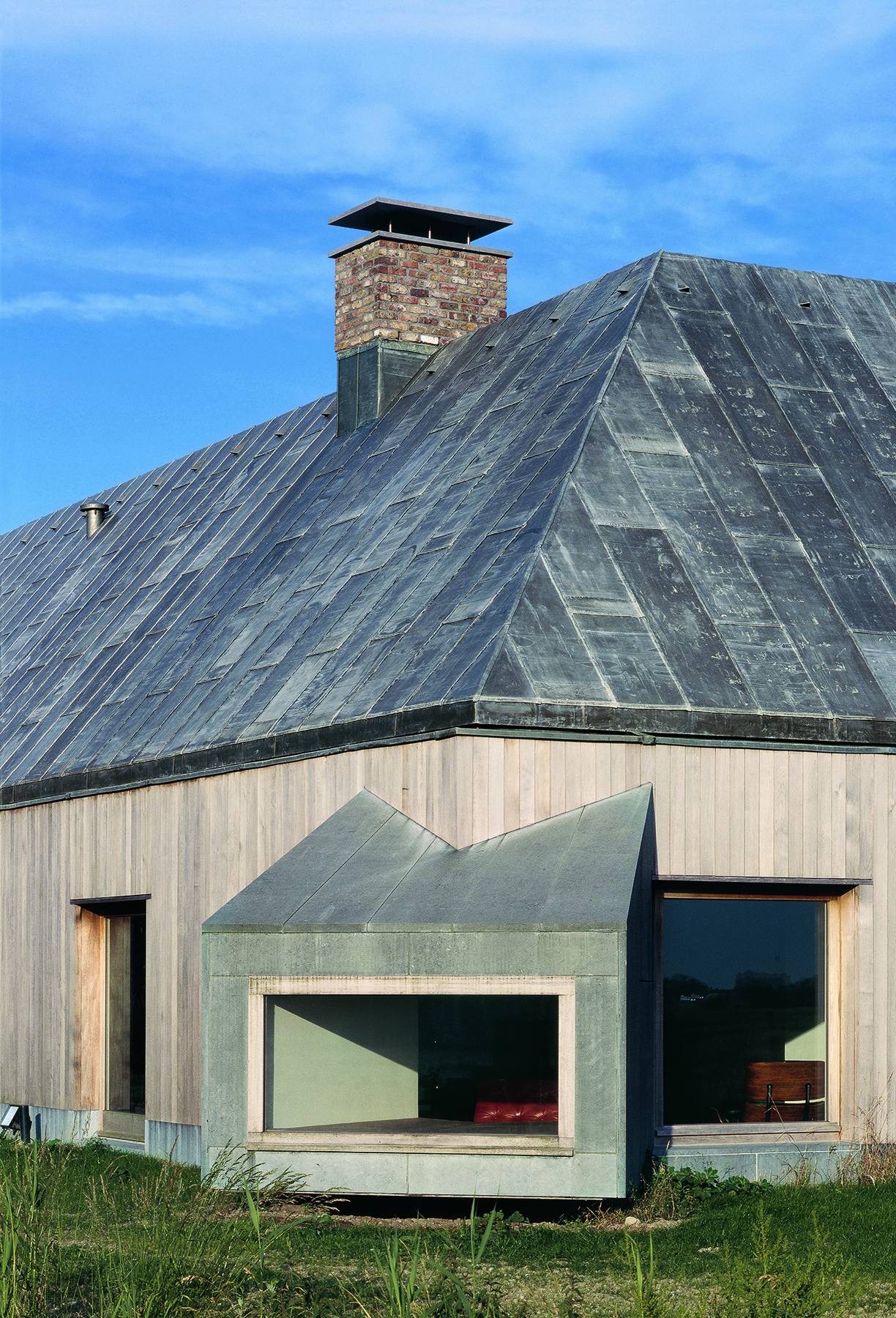
This survey should spur everyone to experience the work, up close and personal – strolling through the Serralves Foundation galleries, savouring the play of light within the Marco de Canaveses church, or sitting in the Boa Vista tea house as the late afternoon sun streams in through the retractable windows. I recall the shock of delight in finding the SAAL Bouca social housing to be in good shape – a project begun under a short-lived communist administration in the early 1970s and completed at the residents’ urging 30 years later.
These were memorable encounters with architecture distilled to its essence and they are all relatively easily accessible, for Siza has done much of his best work in and around his home base of Porto. That should whet your appetite for a more extensive pilgrimage, exploring his oeuvre further afield, found all over Europe and in Korea.
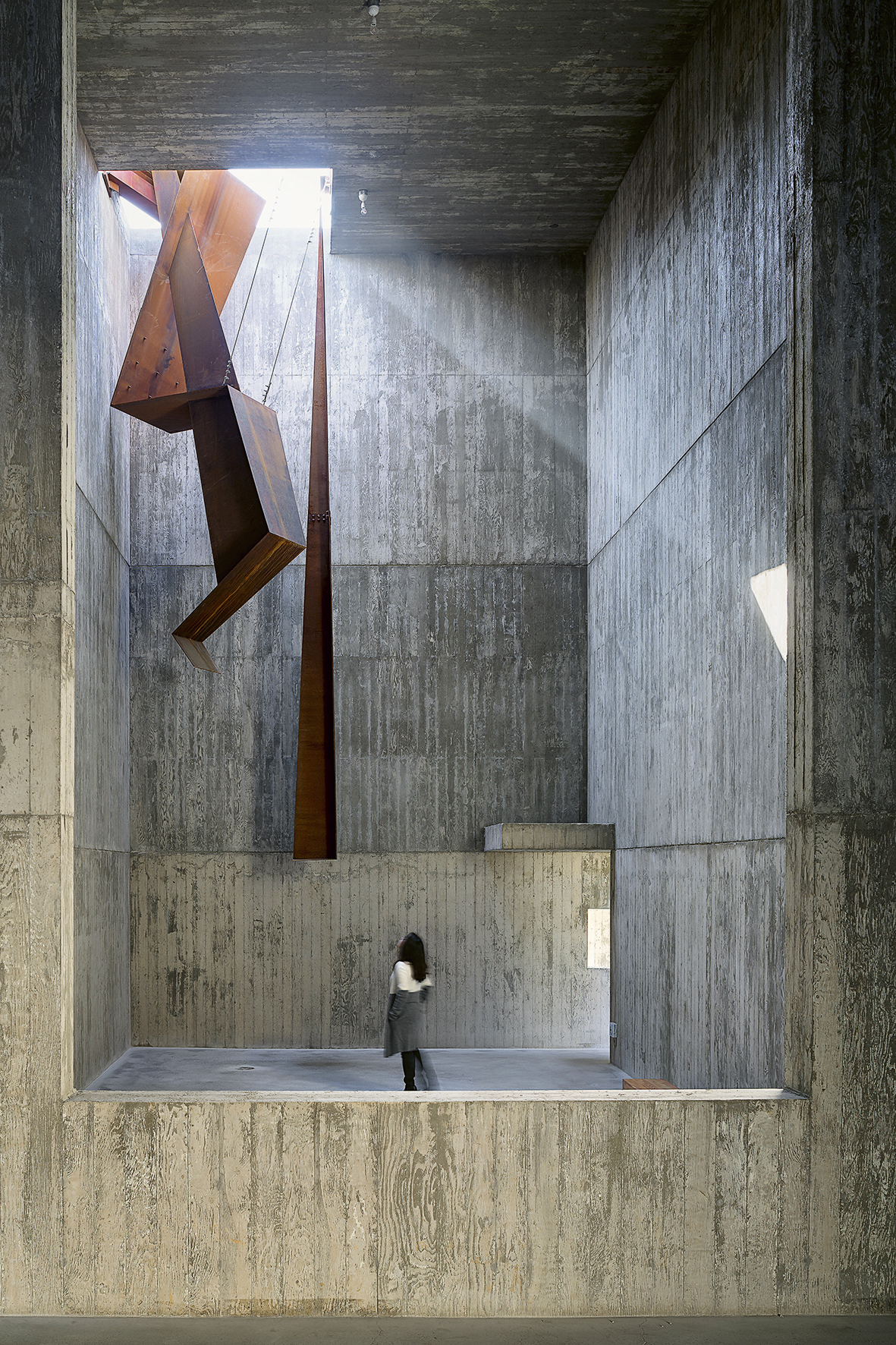
Before / After: Álvaro Siza Duccio Malagamba, £79.95 from phaidon.com; also available from Amazon







